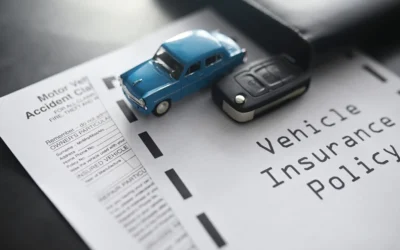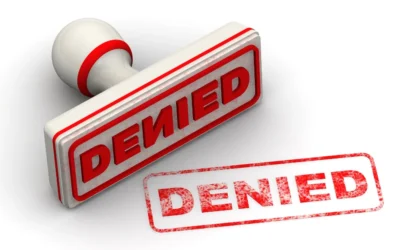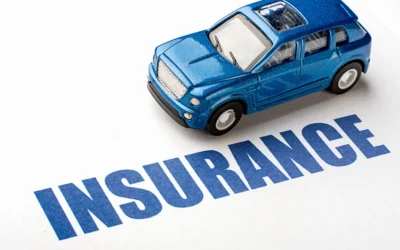If you’ve just been in a car accident in Florida, it’s completely normal to feel shaken, sore, and unsure of what to do next. You might be in pain, waiting for test results, or helping a loved one navigate the aftermath. On top of that, the insurance process can seem confusing and even intimidating.
This article is here to help you understand what happens when a car insurance company investigates an accident claim in Florida. We’ll explain the process step by step plain and simple so you feel more prepared, protected, and informed.
Step 1: The Insurance Company Opens a Claim File
Once you report the accident to your insurance company or the other driver’s insurer they open a claim file. This is the starting point of the investigation.
What You Can Do:
- Write down the claim number and your adjuster’s contact information.
- Save all related emails, letters, and voicemails.
Step 2: Assigning a Claims Adjuster
A claims adjuster is a representative from the insurance company who manages your case. Their job is to gather facts, review evidence, and ultimately determine how much (if anything) the insurer will pay.
Helpful Note: The adjuster is not necessarily on your side; they work for the insurance company. Be polite, but cautious when speaking with them.
Step 3: Reviewing Documentation and Evidence
The adjuster will gather and analyze a variety of materials, including:
- The police report
- Photographs of the vehicles and scene
- Medical records and bills
- Witness statements (if any)
- Your recorded statement, if you agree to provide one
Important: You are not required to give a recorded statement to the other driver’s insurance company. It’s okay to say, “I’d like to speak with an attorney before providing a statement.”
Step 4: Inspecting Vehicle Damage
Insurance companies often send a field adjuster or refer you to an approved auto body shop to inspect the damage. Some may request photos or even use virtual inspection apps.
Tip: You can always get your own repair estimate, and you have the right to choose your repair shop even if the insurer recommends another.
Step 5: Determining Fault (Liability)
In Florida, insurance companies consider Florida’s comparative negligence laws. This means:
- More than one party can be at fault.
- Your compensation can be reduced by your percentage of fault.
For example, if you’re found to be 20% at fault, and the total damages are $10,000, you might only receive $8,000.
Step 6: Reviewing Medical Claims and Injuries
Florida is a no-fault state, meaning your own Personal Injury Protection (PIP) insurance typically covers medical bills up to $10,000 regardless of who caused the accident.
The insurer will check:
- If your treatment is related to the accident
- Whether you received care within 14 days (a key PIP deadline)
- The severity and documentation of your injuries
Helpful Note: To pursue additional compensation beyond PIP, such as for pain and suffering, you usually need to meet Florida’s serious injury threshold, something a medical provider and personal injury attorney can assess.
Step 7: Settlement or Denial
Once the investigation wraps up, the insurance company may:
- Offer a settlement
- Ask for more documentation
- Deny the claim (partially or fully)
You are not obligated to accept the first offer. In fact, it’s often best to consult with a personal injury attorney before agreeing to any settlement.
Help Is Available
If you’re feeling overwhelmed or unsure whether you’re being treated fairly, that’s understandable. These situations are complex, and you’re not expected to handle everything on your own.
At Hurt Aid, we connect people like you with compassionate, experienced Florida-based medical providers and licensed attorneys who understand what you’re going through and can offer support every step of the way.
Whether you’re healing physically, navigating insurance calls, or wondering what’s next, there are caring professionals who can help guide your recovery.
What to Do Next
Here are a few steps you can take today:
- Document everything — photos, notes, bills, and conversations.
- Seek medical care — even for minor pain, as symptoms can worsen later.
- Avoid speaking to the other insurer without advice — protect your rights.
- Connect with Help — Hurt Aid can guide you to trusted professionals in Florida.





